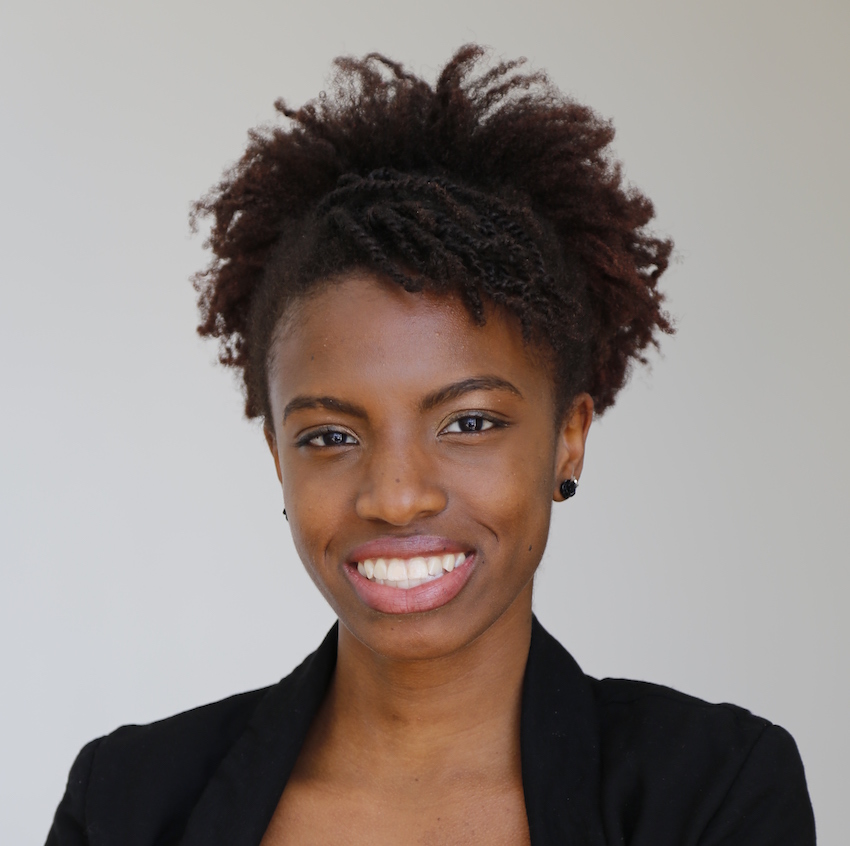Upcoming Events
IC Spring Seminar Series with Guest Speaker Randi Williams

Abstract
Today's youth are growing up surrounded by artificial intelligence (AI) technologies that shape how they learn, work, and play. K12 AI literacy efforts strive to prepare students to navigate the challenges arising from these rapid technological advancements. Although many AI courses utilize programming platforms, virtual agents, and robots to enhance students' learning, few incorporate AI-powered tools to further support students' learning. In this talk, I will introduce the AI Tool Scaffolding Framework, which outlines how AI tools can support the development of technical skills, design thinking, and creativity as students engage in hands-on projects. I developed two tools in line with the framework: LevelUp, an automatic code analysis tool, and Sparki, a GPT-powered interactive companion. These tools provide real-time feedback on users' projects, encouraging best practices in programming and ethical thinking. This work contributes to the broader aim of leveraging educational technology to deepen students' knowledge, foster critical thinking, and support meaningful engagement, particularly in the context of AI literacy.
Bio
Randi Williams (she/her) is an educator, tinkerer, and advocate who is passionate about using technology to uplift communities. In 2024, she earned her Ph.D. in the Personal Robots Group at the MIT Media Lab focusing on AI, Human-Computer Interaction, and education research. Before that, she completed her S.M. at the MIT Media Lab and her B.S. in Computer Engineering at the University of Maryland, Baltimore County. Williams's dissertation focused on designing curricula to teach AI with ethics, empowering students to leverage technology for social change. Williams's work in social robotics and AI education has earned academic and public acclaim, receiving coverage in outlets such as The Atlantic, Wired, and the MIT Tech Review. Her achievements and commitment to service have been recognized through awards, such as the Microsoft Research Ph.D. Fellowship, the LEGO Papert Fellowship, the NSF Graduate Research Fellowship, and the Cambridge Curious Scientist of the Year Award. She is also a founding co-director of the Boston Chapter of Black in Robotics.
Event Details
Media Contact
EVENTS BY SCHOOL & CENTER
School of Computational Science and Engineering
School of Interactive Computing
School of Cybersecurity and Privacy
School of Computing Instruction
Algorithms and Randomness Center (ARC)
Center for 21st Century Universities (C21U)
Center for Deliberate Innovation (CDI)
Center for Experimental Research in Computer Systems (CERCS)
Center for Research into Novel Computing Hierarchies (CRNCH)
Constellations Center for Equity in Computing
Institute for People and Technology (IPAT)
Institute for Robotics and Intelligent Machines (IRIM)